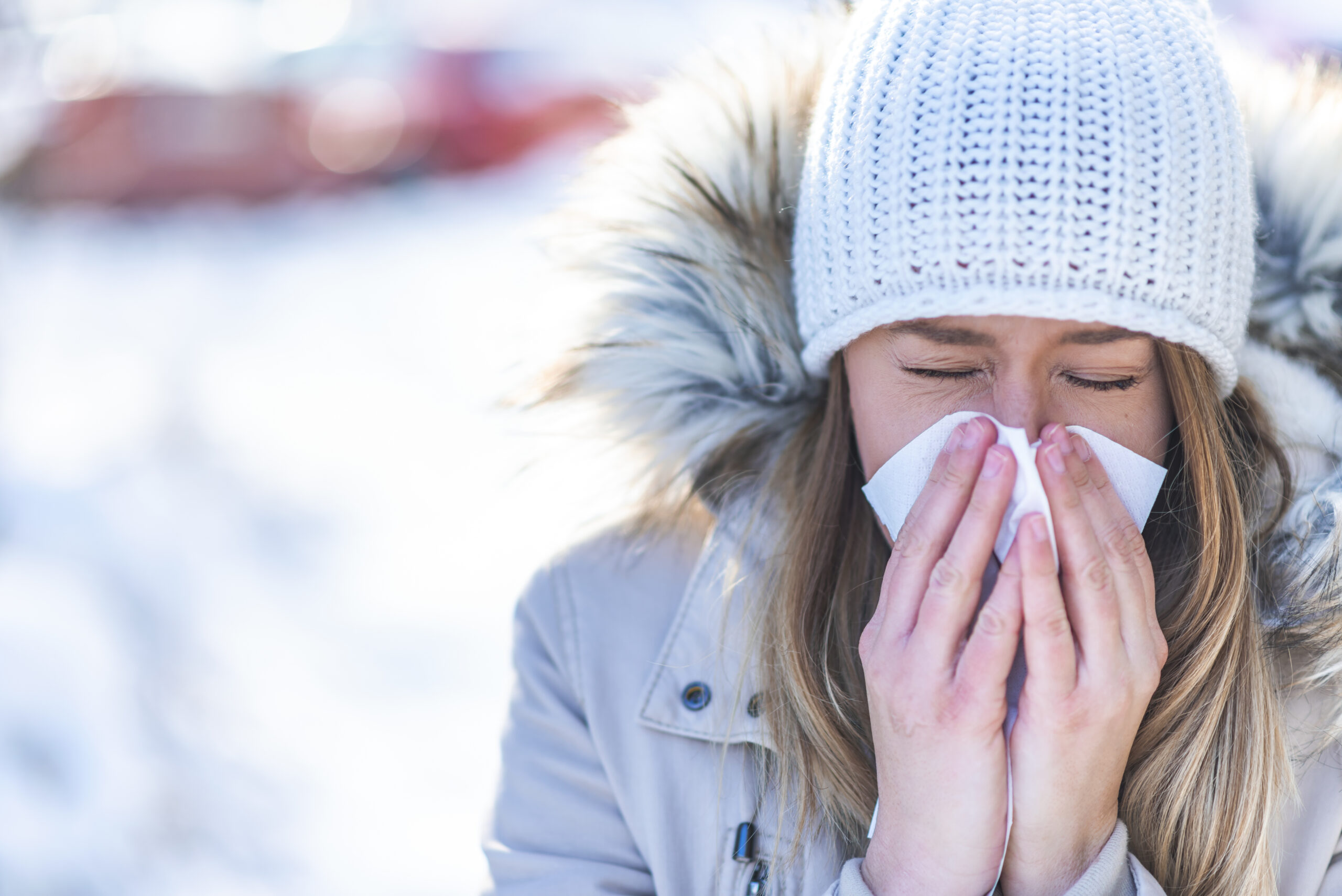Have you ever heard the saying “shake off the winter blues” or “seasonal depression?” Seasonal affective disorder is more common than you may think, and people can suffer from it from fall until springtime. The weather can truly bring our mood down, as we tend to be cooped up when it’s cold outside.
When the seasons change, you’re also more likely to get viruses and colds, especially if you suffer from allergies. To fight seasonal depression, illness, and allergies, there are several things you can do to improve your health as the seasons begin to change. Below, we highlight our top five ways to stay healthy!

1. Get Fresh Air
Although us Minnesotans embrace the winter months, many of us look forward to warmer temperatures as springtime approaches. Even if the weather remains a bit chilly, open a window to let the air circulate throughout your living space so you can breathe in some quality fresh air that you missed out on all winter long.
2. Eat Seasonal Foods
Proper nutrition is important throughout the year, but consider switching things up by cooking with locally-grown seasonal foods. These foods can provide many benefits, such as improving your immune system and digestion. Vitamin C, A, and folate all help build up your immune system. Also, make sure to include a variety of fruits and veggies to your plate like citrus, red bell pepper, broccoli, spinach, and kiwis for added immune-boosting benefits.
3. Stay Hydrated
In the colder months, heat sources from radiators and fireplaces can cause dry, itchy, or damaged skin. Remedy this by using humidifiers, moisturizers, and wearing moisture-wicking clothing. Furthermore, don’t skimp on drinking water! Winter months produce drier air, so maintaining a proper intake of water will help combat skin problems and dehydration. Increase your water intake by purchasing a reusable 16-oz water bottle and drinking the contents four times a day.
4. Fight Germs
Flu season isn’t over quite yet, and if you haven’t gotten a flu shot, there’s still time. Stop by one of our walk-in clinic locations to get this critical vaccination to ensure you don’t get sick with Influenza.
If you suffer from seasonal allergies, make sure to pay attention to the weather, prepare for your allergies with over-the-counter medication, or visit your provider to have an allergy skin test and discuss other prescribed allergy options, like shots or tablets, to reduce your symptoms.
Fight germs by carrying hand sanitizer with you and disinfecting germ-filled places in your home and office, such as doorknobs, phones, computers, and keyboards. You can also stop the spread of germs by coughing and sneezing into a tissue and washing your hands regularly.
5. Keep Moving
As the cold and snow keep us indoors during the winter months, people often live a more sedentary lifestyle. To reduce the risk of sitting too much, try a new exercise routine to get your body moving! The American Heart Association recommends “150 minutes per week of moderate-intensity aerobic activity or 75 minutes per week of vigorous aerobic activity, or a combination of both, preferably spread throughout the week.” Moderate activities include brisk walking, dancing, gardening, tennis, and biking; and vigorous activities include hiking, running, swimming, cycling, and jumping rope. And, as the weather starts to warm up, these activities will be much more enjoyable to do outdoors.
What To Do If You Feel Ill?
By practicing the above tips as winter transitions into spring, you’ll be prepared to take on common illnesses that spread throughout the changing seasons.
If you’re not feeling well and think you may be sick with an acute illness or injury, visit our walk-in clinic locations in Maple Grove, Osseo, and Plymouth, or schedule an appointment with one of our expert providers.